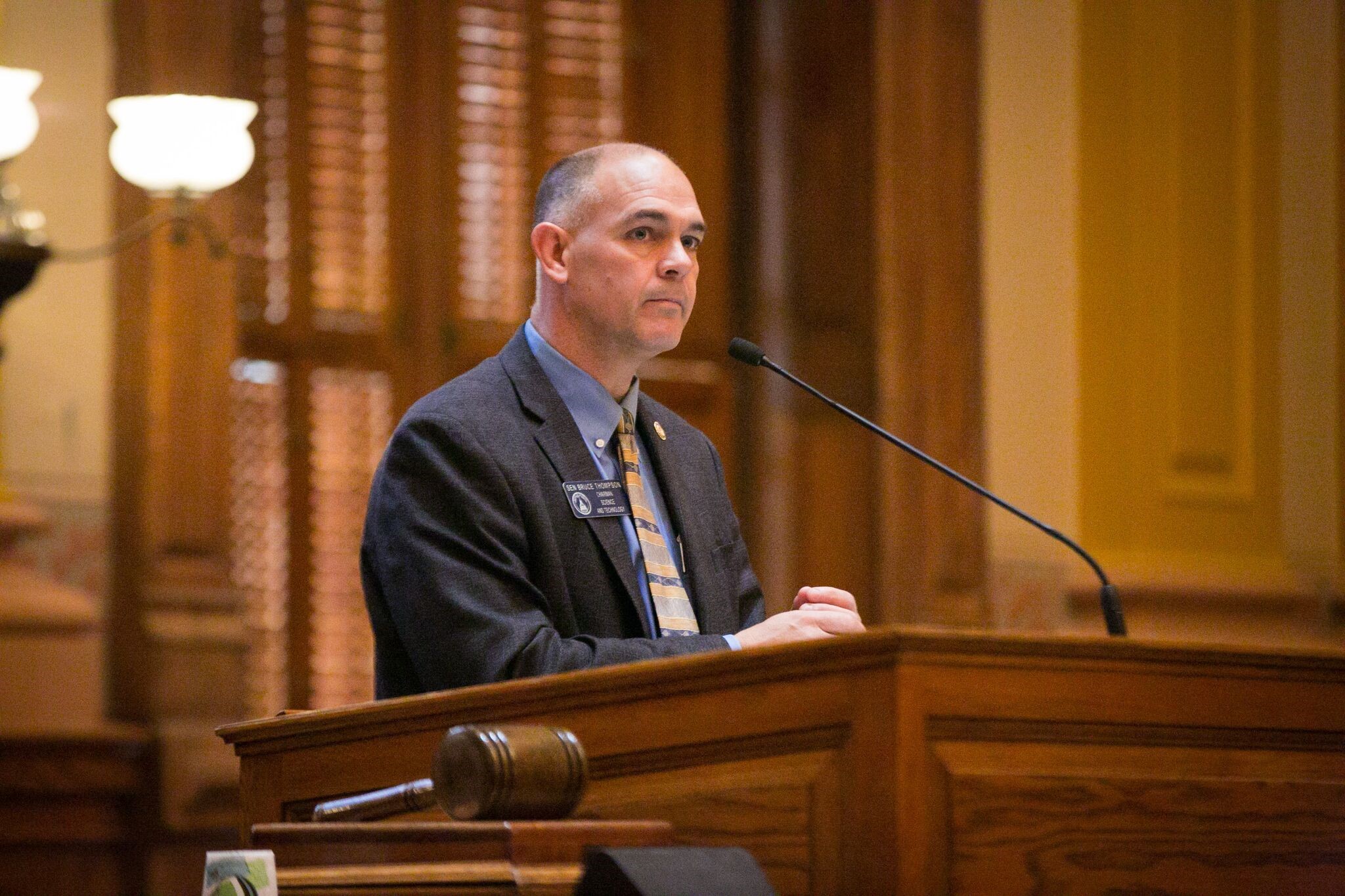Kennesaw State President Dr. Pamela Whitten has created a coronavirus task force effective Tuesday, March 3, consisting of local officials to lead preparation should a case emerge within the campus community. In the meantime, KSU has suspended travel abroad trips.
The task force, along with a large core working group, has been preparing for the safety and health of KSU students, faculty and staff, Assistant Vice President of Strategic Communication Tammy Demel said.
“In the event of a confirmed case of the virus within the campus community, the university will work closely with local, state and federal health officials and the [University System of Georgia] to determine the most appropriate course of action on behalf of the campus community,” Demel said.
Demel said that all KSU study abroad programs and university-sponsored travel to designated high-risk Level 3 countries by the Centers for Disease Control and Prevention will be canceled. Specifically, school-sponsored travel to China, Italy, South Korea and Iran has been restricted from all KSU students, faculty and staff.
“KSU will follow and implement all coronavirus guidelines as prescribed by the CDC, the [Georgia] Department of Public Health and the USG until such time as it is determined by health experts to no longer be necessary in order to safeguard the health of the campus community,” Demel said.
Students who had already planned to study abroad in Level 3 countries will receive a refund on the education abroad program fee and a full refund of the KSU education abroad tuition they already paid, Demel said.
All tuition and fees they paid are being applied to KSU online courses they are now enrolled in for Spring 2020 as they continue to earn course credits toward their graduation.
A letter sent out Friday, March 6, by KSU officials told students returning from abroad from countries where COVID-19 is spreading rapidly to not come back to campus for at least two weeks, according to CBS 46.
Three KSU students who have returned to the U.S from studying abroad agreed to a recommended 14-day period of self-monitoring away from campus, Demel said.
The risk of coronavirus for most healthy Americans, especially those who have not traveled to Level 3 countries, is low, Demel said. As more information about the virus emerges, the CDC expects more cases to be reported in the U.S and Georgia.
In order for students to prevent the spread of the virus, Demel encourages everyone to follow the appropriate preventative strategies as recommended by the CDC.
“If you have any illness — common cold, flu, cough — please stay home and take care of yourself until you are better,” Demel said. “This will help slow the spread of all sickness.”
KSU’s response to the coronavirus is similar to the response they had when Ebola broke out in countries in west and central Africa in 2015.
During the Ebola crisis, KSU had strongly advised individuals not to travel to any of the countries with a CDC Level 3 warning, according to the KSU Health Advisory website.
The CDC and Customs and Border Protection performed entry screening to all students and staff returning from those countries. The CDC strongly suggested a 21-day monitoring period as individuals contact their healthcare provider to asses their risk of contracting the disease.
As of Saturday, March 7, a person from Cobb County was said to have contracted the coronavirus, according to 11 Alive. The individual had recently returned from a trip to Italy and is isolated at home. On Sunday, March 8, Gov. Brian Kemp confirmed two additional Cobb County cases, according to the Atlanta Journal-Constitution.


